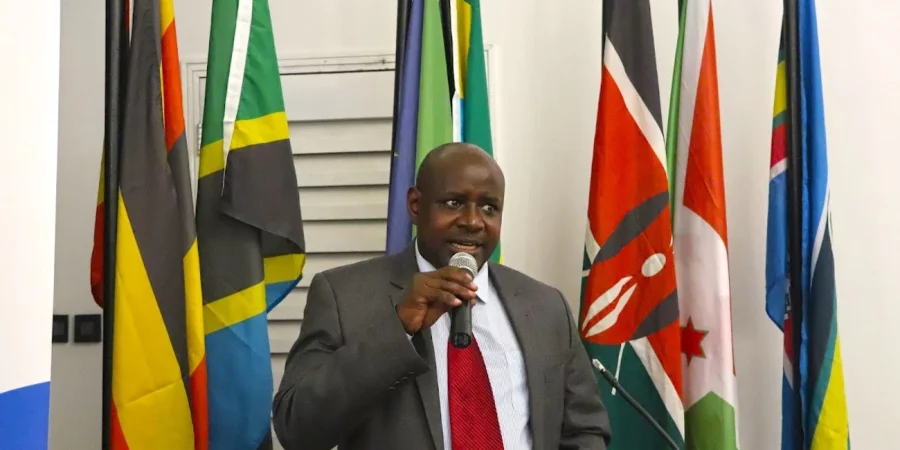Let’s dive into a critical topic that resonates deeply with the heart of our land—Kenya and the East African Community. The winds of change are blowing in the agricultural sector, and the East African Business Council (EABC) is sounding the trumpet for an innovative approach—contract farming. This not only promises to enhance our food security but also holds the key to reducing our dependency on imported goods.
Imagine a world where our fields flourish, yielding abundant wheat grains that dance in the breeze, fertile soils nurturing leguminous plants that stretch towards the sun, and root tubers peeking out from beneath the earth like hidden treasures. This picturesque vision could be our reality with the embrace of contract farming.
At its heart, contract farming is a handshake between our farmers and the processing and marketing firms. It’s a partnership that blooms with the promise of producing and supplying agricultural products at predetermined prices, securing our future and the prosperity of our nation. But it’s not just about a handshake—it’s about creating a symphony of collaboration that plays the sweet tune of food security.
Currently, our region’s performance in vital value chains faces challenges. We’re import-dependent, but the potential for self-sufficiency is staggering. Our soil holds the secret to flourishing wheat grains that could feed not only us but our neighbors in Tanzania and Uganda as well. The sun kisses our lands, offering the perfect environment for nurturing edible oils and leguminous plants. And oh, the root tubers—gifts from the earth that can grace our plates in Tanzania, DRC, and beyond.
However, the potential is stifled by a lack of access to improved seeds, the hefty price tag attached to them, and our slow adoption of their magic. We battle low soil fertility, a lack of adequate fertilization, and meager yields. Pests, diseases, and weeds sneak into our fields, disrupting the rhythm of our harvests. Climate change and unrelenting droughts only add to the challenges, putting our productivity at risk.
But here’s where the contract farming melody starts playing its soothing notes. It’s not just about planting seeds; it’s about cultivating change. We can overcome the hurdles of fragmented small-holder farms, the scarcity of mechanization, and unpredictable market prices. With collective effort, we can strengthen our farmers’ groups, adopt smart post-harvest practices, and embrace digital technologies to bridge the gaps in information and resources.
The stakes are high, and so is the hunger index in our region. While the Sub-Saharan African people bear the weight of hunger, our East African Community strives to make a difference. With cereals like maize, rice, and barley forming our staples, and the potential for more, we must shift our focus to this critical sector. Despite foreign direct investments flowing into other industries, we must stand up and demand attention for agriculture, the backbone of our heritage.
EABC, in collaboration with the German Development Cooperation (GIZ)-Business Scouts Fund, is the guiding light. They’ve identified contract farming and EAC export procedures as the pillars of capacity building, creating a resilient network that thrives even in the face of global crises. Through the “Enhancing Competitiveness of Agri-food Industry and Mitigating the Impact of Global Crises to Improve Food Security in the EAC Region” project, they’re leading the charge, partnering with organizations like the East African Grain Council (EAGC) and the East African Farmers Federation (EAFF).



Leave a Reply